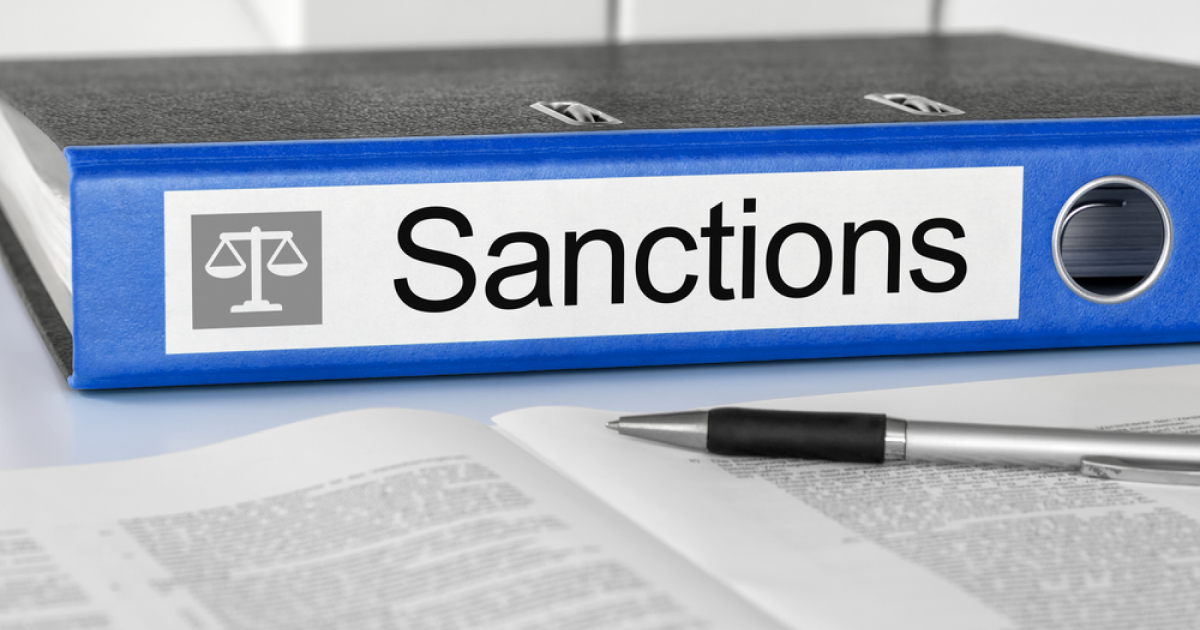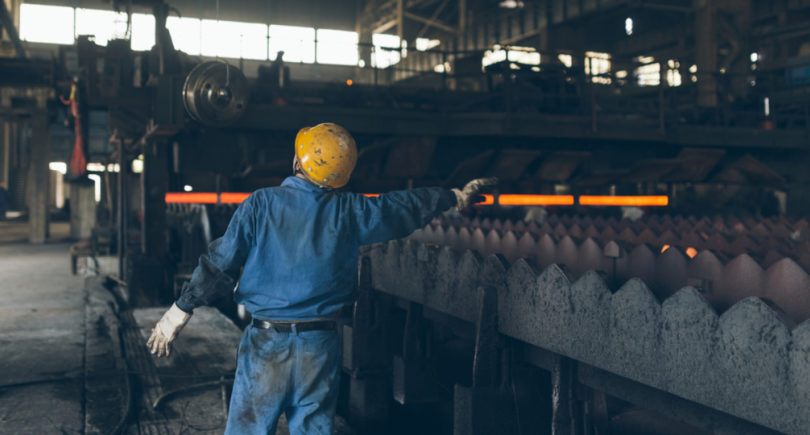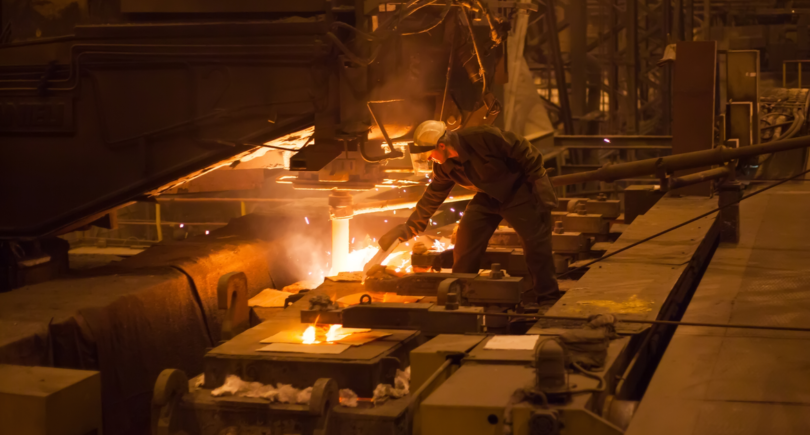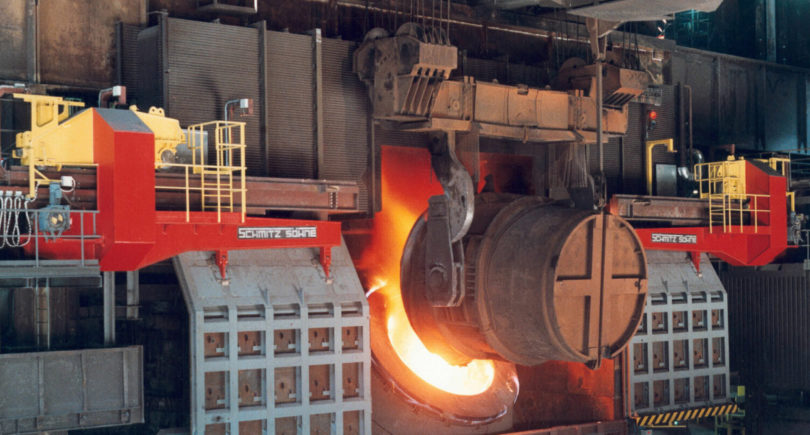
News Global Market санкції 135 24 June 2025
Cheap Russian raw materials undermine the green transition of European steel industry
Europe should tighten sanctions on steel from Russia by shortening the transition period for imports of Russian slabs and introducing additional duties on all Russian steel products until a final ban is imposed. This opinion was expressed by Angelina Chachuna, compliance officer at Metinvest Group, at the Business vs. Sanctions conference held in Kyiv.
According to her, it is also necessary to restrict imports of other steel products from the aggressor country.
Despite restrictions on steel imports from Russia, EU countries purchased €2.9 billion worth of Russian steel products in 2023 and €2.6 billion last year. At the same time, iron ore mining and steel production is the second most important sector in the Russian economy in terms of contribution to GDP and budget revenues.
In addition, during three years of full-scale war, Europe spent more than €5 billion on the purchase of Russian slabs. Belgium (42% of the volume), Italy, Denmark, the Czech Republic, and France imported the most of these products. The main buyers were factories belonging to large Russian steel groups with production facilities in these countries.
Metinvest’s compliance officer explained that sanctions on Russian steel slabs provide for a certain transition period, so they can be purchased now.
“The general EU directive does not prohibit this — it is a matter of the internal position of individual countries or businesses,” Angelina Chachuna noted.
The cost of Russian steel slabs is on average €80 lower than the prices of other suppliers due to access to cheap gas, electricity, and labor. At the same time, some European countries have completely abandoned semi-finished products from Russia in favor of more expensive alternatives (EU, Turkey, China). This has created unequal conditions for companies that do not use them on principle.
According to Metinvest’s compliance officer, this situation is already harming European steelmakers and will have even more serious consequences in the future against the backdrop of the EU’s plans for a green transition of steel industry by 2030. These plans require billions in investments to modernize enterprises. Companies that fail to do so will be forced to pay high surcharges, which will make their products uncompetitive even on the domestic market.
“In such conditions, access to the market for cheap Russian slabs undermines incentives for the transition to environmentally friendly production and jeopardizes the implementation of the EU’s climate goals,” said Angelina Chachuna.
To prevent this situation, definitive restrictions on imports of Russian raw materials and semi-finished steel products into the EU are needed.
Angelina Chachuna also noted how the rhetoric of European companies regarding their exit from the Russian market has changed since the full-scale invasion. In particular, this year they are implementing everything that is not directly prohibited by the EU directive. At the same time, Ukrainian businesses are under pressure from American, European, and domestic sanctions that limit their rights and prospects in the EU, so they need support from the state and dialogue with European institutions.
As GMK Center reported earlier, in January-April 2025, the EU imported 2.12 million tons (+8.6% y/y) of steel raw materials of Russian origin. Expenditures on imports of these products amounted to €867.4 million (-8.7% y/y).



